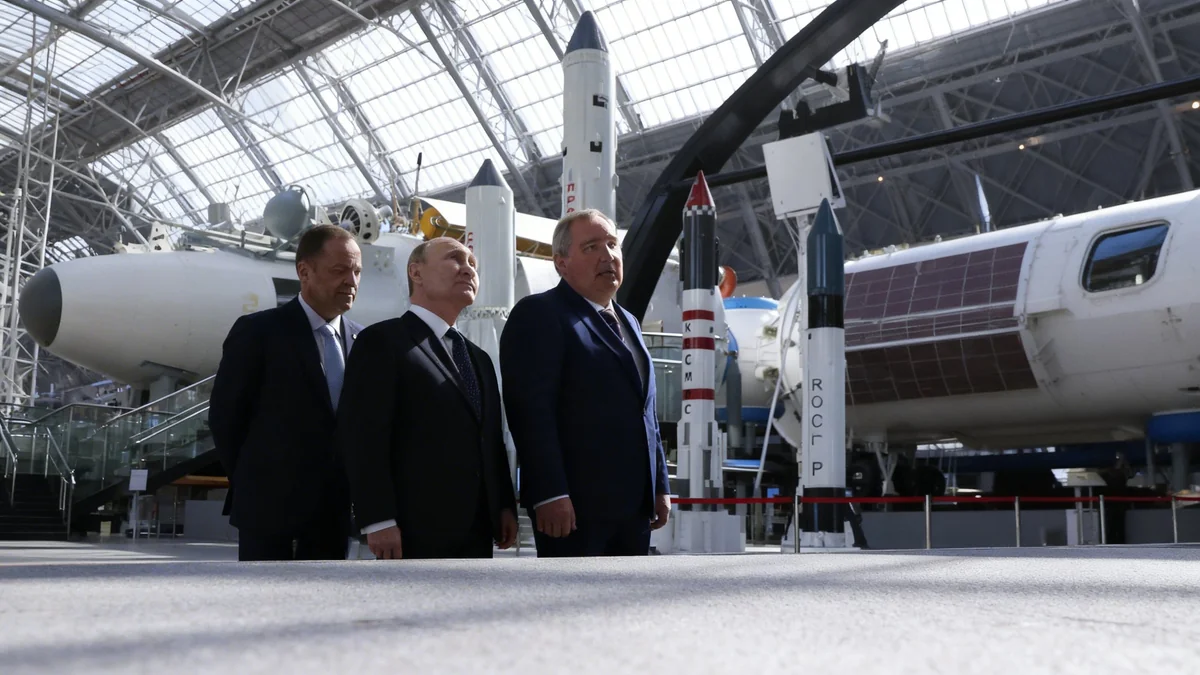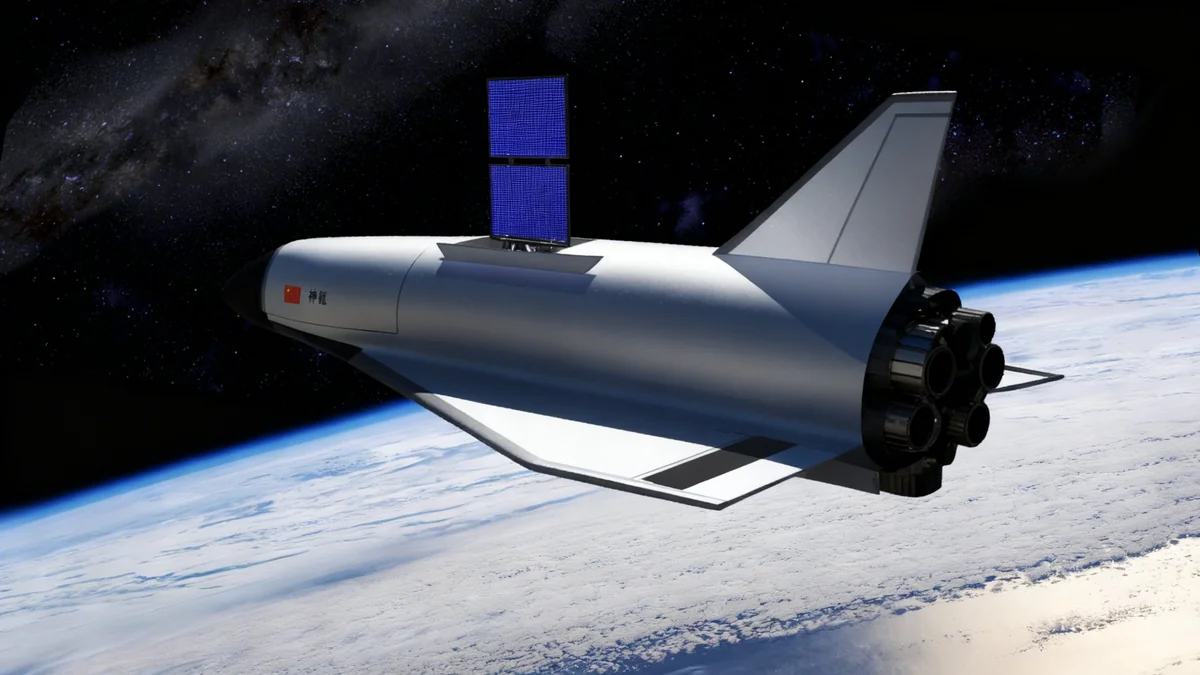Germany is allocating €35 billion over the next five years to strengthen its military space capabilities, a significant policy shift that includes the potential development of offensive systems. The investment aims to counter what German Defense Minister Boris Pistorius described as a “fundamental threat” from Russian and Chinese technological advancements in orbit.
The announcement was made during Germany’s third Space Congress in Berlin. Pistorius outlined a strategy to build a more resilient and capable defense architecture in space, directly responding to recent activities by other nations that have raised security concerns for the German government and its allies.
Key Takeaways
- Germany will invest €35 billion in space-related defense projects over the next five years.
- The funding addresses threats posed by Russian and Chinese space activities, including satellite tracking.
- For the first time, Germany is considering the development of offensive space capabilities to enhance deterrence.
- The plan includes new surveillance satellites, hardened communication systems, and potentially centralizing military space command within the Bundeswehr.
- This investment is part of a wider European trend of increasing defense spending, which rose 19% in 2024.
A New Era for German Space Policy
Defense Minister Boris Pistorius detailed the government's reasoning for the substantial financial commitment, highlighting specific incidents that have prompted this strategic change. He stated that the actions of Russia and China in space represent a direct challenge to Western security interests.
One key event mentioned was the tracking of two Intelsat satellites by two Russian Luch-Olymp spy satellites. According to Pistorius, the Intelsat systems were actively being used by the Bundeswehr, the German military, at the time of the incident. This and other reconnaissance missions over German territory have underscored the vulnerability of existing space assets.
“The investment will help support space-related defense projects over the next five years,” Pistorius explained, emphasizing the need to create a credible deterrent in orbit. This marks a departure from Germany's traditionally defensive military posture.
The new strategy signals that Germany is prepared to move beyond passive defense and develop systems that can actively protect its interests in space. This includes both defensive measures to shield its satellites and potential offensive capabilities to discourage aggression.
Strategic Priorities for the Investment
The €35 billion fund is designated for several critical areas designed to modernize Germany's military space infrastructure. The plan is comprehensive, covering everything from satellites in orbit to the ground stations that support them.
Developing Resilient Systems
A primary focus is on creating hardened systems that can withstand electronic warfare tactics. This involves developing satellites and ground infrastructure that are less susceptible to jamming, spoofing, and other forms of electronic manipulation by adversaries. The goal is to ensure reliable communication and data transmission even during a conflict.
What is Spoofing and Jamming?
Jamming involves transmitting powerful radio signals to overwhelm a satellite's receiver, disrupting its ability to communicate. Spoofing is a more sophisticated attack where false signals are sent to trick a satellite's receiver into providing incorrect location, time, or other data, potentially causing it to malfunction or be commandeered.
Guardian Satellites and Enhanced Surveillance
The plan also includes the development of future “guardian satellites.” These assets would be equipped with both defensive and offensive tools, serving as protectors for other German satellites while providing a deterrent against hostile actions. Their exact capabilities have not been specified, but they represent a core component of the new deterrence strategy.
To improve situational awareness, Germany will invest in its space domain awareness capabilities. This will be achieved through:
- Advanced ground-based radar and telescopes.
- A larger constellation of space surveillance satellites.
- Better data processing to track objects and potential threats in orbit.
Reorganizing Military Space Command
Alongside the technological upgrades, Pistorius suggested a potential restructuring of Germany's military command. He proposed that the management of the country's space architecture could be centralized within a single new entity inside the Bundeswehr.
This move would streamline decision-making and improve the nation's ability to respond quickly in a crisis. By consolidating space functions, Germany aims to create a more cohesive and effective operational command, similar to the space forces established by other major powers.
European Defense Spending on the Rise
Germany's investment aligns with a broader trend across Europe. According to data from the European Council, overall defense spending on the continent increased by 19% in 2024, reaching a total of €343 billion. Projections show this figure is expected to climb to €381 billion in 2025 as nations continue to bolster their defenses in response to regional instability.
A Continent-Wide Shift in Defense Strategy
Germany's announcement is not happening in a vacuum. It reflects a continent-wide reassessment of security needs, driven largely by ongoing geopolitical tensions. Many European nations are increasing their defense budgets, with a growing emphasis on sovereign space capabilities.
Countries are investing more in their own surveillance, communication, and navigation satellite constellations to reduce reliance on foreign systems and enhance overall resilience. The focus on space is now considered central to modern warfare and national security.
The strategic shift in Berlin, particularly the consideration of offensive capabilities, suggests that European military leaders are increasingly adopting the principle that a proactive defense is the most effective way to ensure security. By building a credible deterrent in space, Germany and its allies hope to prevent future conflicts from extending into the orbital domain.





